-

by Kaelie Giffel
The Woman Dies circumvented my critical brain: it made me laugh, shocked me, revealed my tastes to be safe rather than incisive.
The Woman Dies – Aoko Matsuda
The Woman Dies circumvented my critical brain: it made me laugh, shocked me, revealed my tastes to be safe rather than incisive.
-
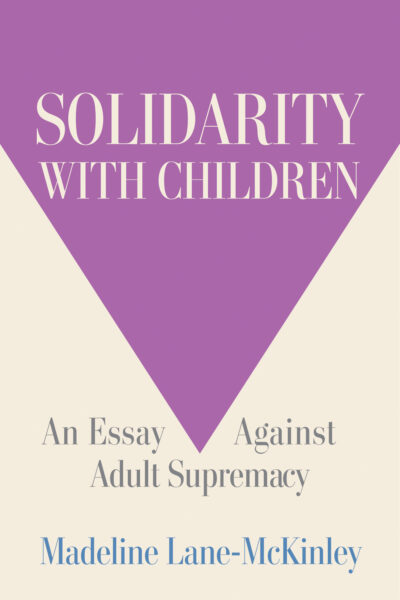
by Kate Bugos
Children do depend on adults, but dependence need not entail domination.
Solidarity with Children – Madeline Lane-McKinley
Children do depend on adults, but dependence need not entail domination.
-
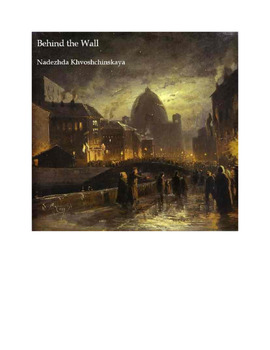
w/ Anna A. Berman
Instead of a few more excellent but redundant versions of Dead Souls or Crime and Punishment, why couldn’t the same people give us the first translations of Pisemsky’s Troubled Seas, Khvoshchinskaya’s In Hope of Something Better, or Leskov’s “Episcopal Justice”?
Erik McDonald
Instead of a few more excellent but redundant versions of Dead Souls or Crime and Punishment, why couldn’t the same people give us the first translations of Pisemsky’s Troubled Seas, Khvoshchinskaya’s In Hope of Something Better, or Leskov’s “Episcopal Justice”?
-
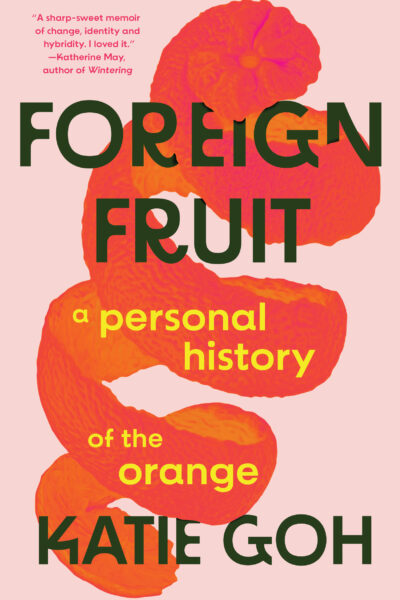
by Vika Mujumdar
Fruit becomes an object and artifact of history, shaping the currents of the world and the present moment
Foreign Fruit: A Personal History of the Orange — Katie Goh
Fruit becomes an object and artifact of history, shaping the currents of the world and the present moment
-

by Kaelie Giffel
The Woman Dies circumvented my critical brain: it made me laugh, shocked me, revealed my tastes to be safe rather than incisive.
The Woman Dies – Aoko Matsuda
The Woman Dies circumvented my critical brain: it made me laugh, shocked me, revealed my tastes to be safe rather than incisive.
-

by Kate Bugos
Children do depend on adults, but dependence need not entail domination.
Solidarity with Children – Madeline Lane-McKinley
Children do depend on adults, but dependence need not entail domination.
-

by Vika Mujumdar
Fruit becomes an object and artifact of history, shaping the currents of the world and the present moment
Foreign Fruit: A Personal History of the Orange — Katie Goh
Fruit becomes an object and artifact of history, shaping the currents of the world and the present moment
-
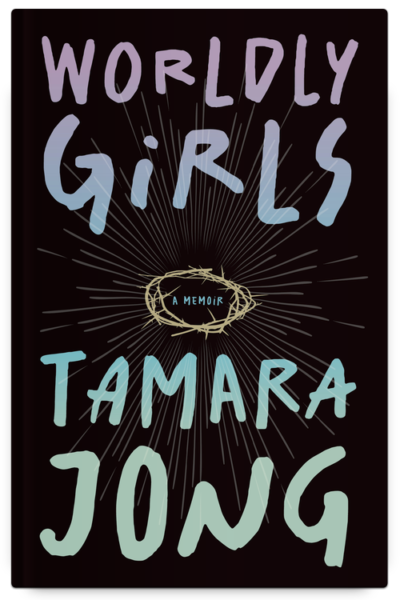
by McKenzie Watson-Fore
This narrative unmooring, while unconventional, strikes me as a byproduct of Jong’s departure from high-control religion
Worldly Girls – Tamara Jong
This narrative unmooring, while unconventional, strikes me as a byproduct of Jong’s departure from high-control religion
-

w/ Anna A. Berman
Instead of a few more excellent but redundant versions of Dead Souls or Crime and Punishment, why couldn’t the same people give us the first translations of Pisemsky’s Troubled Seas, Khvoshchinskaya’s In Hope of Something Better, or Leskov’s “Episcopal Justice”?
Erik McDonald
Instead of a few more excellent but redundant versions of Dead Souls or Crime and Punishment, why couldn’t the same people give us the first translations of Pisemsky’s Troubled Seas, Khvoshchinskaya’s In Hope of Something Better, or Leskov’s “Episcopal Justice”?
-
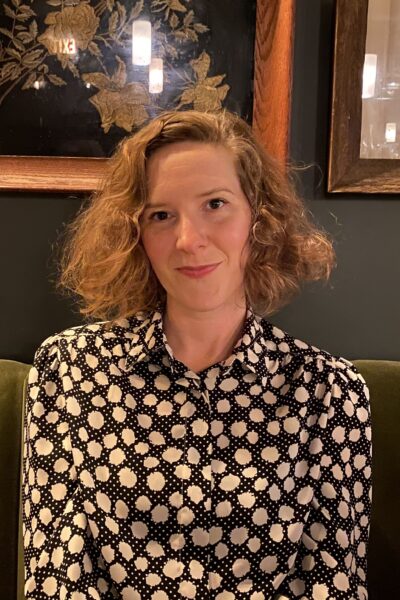
w/ Sofia Wolfson
Writing to make sense of things feels both prophylactic (I will process an event, a thought in a safe space) and at times a little dangerous (Is it safe? what will happen as I bore further and further down?)
Rebecca van Laer
Writing to make sense of things feels both prophylactic (I will process an event, a thought in a safe space) and at times a little dangerous (Is it safe? what will happen as I bore further and further down?)
-

w/ Adedayo Agarau and Isabella DeSendi
We are presenting a version of truth that perhaps no one will ever present in the same way we have. I am, we are, the scar, the proof, a testimony. How lucky we are to have language to help leave our marks on this world.
Adedayo Agarau and Isabella DeSendi
We are presenting a version of truth that perhaps no one will ever present in the same way we have. I am, we are, the scar, the proof, a testimony. How lucky we are to have language to help leave our marks on this world.
-
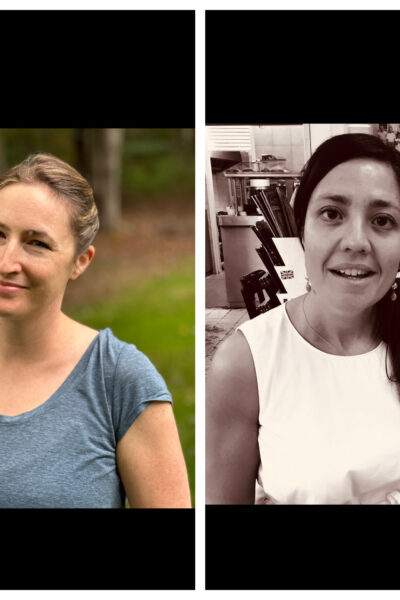
w/ Catherine Theis & Lily Brown
That’s exactly why I come to poems. I want an invitation and a command inflicted upon me. Boss me around to a better place, I say.
Catherine Theis & Lily Brown
That’s exactly why I come to poems. I want an invitation and a command inflicted upon me. Boss me around to a better place, I say.
-

by John Wall Barger
It would be tempting, if you were a theoretical physicist working on the first atomic bomb, to imagine yourself as a demiurge. To frame the process as spiritual longing for God’s wrath . . .
Original Child Bomb Threnody
It would be tempting, if you were a theoretical physicist working on the first atomic bomb, to imagine yourself as a demiurge. To frame the process as spiritual longing for God’s wrath . . .
-
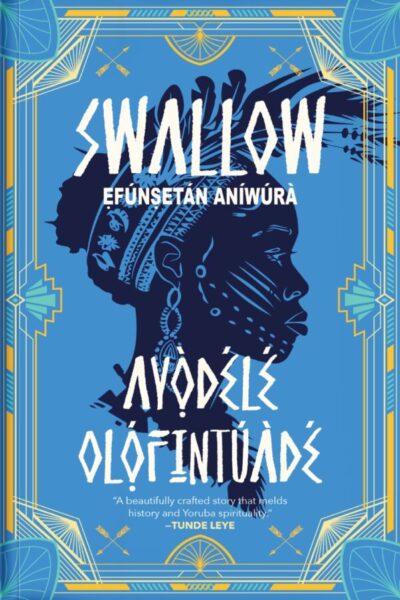
by Azeezah Adekanmbi
Our history is in the bodies they tried to straighten, the stories they would not write, the lives they refused to archive.
The Women We Inherit: Ayodele Olofintuade’s ‘Swallow’ and the Reclamation of Queer Histories
Our history is in the bodies they tried to straighten, the stories they would not write, the lives they refused to archive.
-
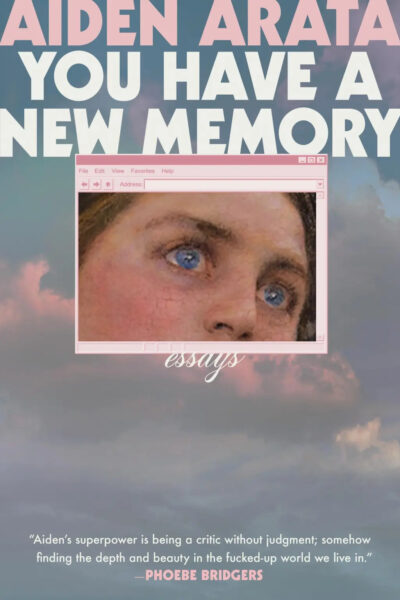
by Corley Miller
We were kids together. And now we are not.
Elegy Already: Millennials at Middle Age
We were kids together. And now we are not.
-

by Erin Evans
An oral history is a unique form of nonfiction where, from the beginning, we are given no promise of truth and the editors make no claims toward a clear, ideologically-specific thesis about their subjects.
Mouthing Off: Oral History as an Anticapitalist Form
An oral history is a unique form of nonfiction where, from the beginning, we are given no promise of truth and the editors make no claims toward a clear, ideologically-specific thesis about their subjects.
-

by Michael Schapira
The following playlist is humbly submitted for your listening pleasure from Full Stop, your full service literary journal. In
20 4 420: Irie Edition
The following playlist is humbly submitted for your listening pleasure from Full Stop, your full service literary journal. In
-
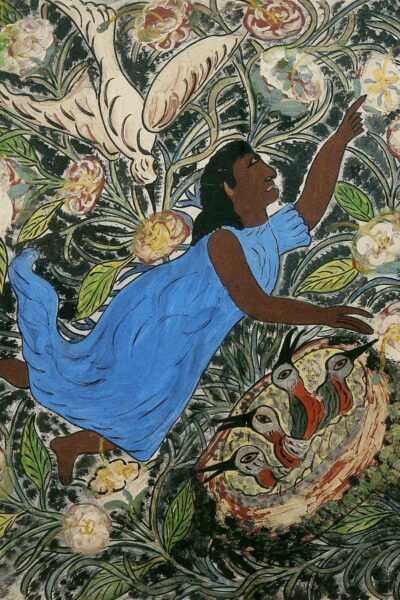
by The Editors
This special issue of the FULL STOP QUARTERLY will aim to hold folklore as a prism through which to view connection, the self, and the future. . . . It will explore folklore in and as literature, as process, and as performance.
Call for Pitches
This special issue of the FULL STOP QUARTERLY will aim to hold folklore as a prism through which to view connection, the self, and the future. . . . It will explore folklore in and as literature, as process, and as performance.
-

by The Editors
In times like ours, times of fracture, depravity and upheaval—times which are really not that different than any other time on earth, except for the speed and scale at which violence is exercised—what is the value of art?
Call for Pitches
In times like ours, times of fracture, depravity and upheaval—times which are really not that different than any other time on earth, except for the speed and scale at which violence is exercised—what is the value of art?
-

by Michelle Chan Schmidt
Read the introduction to our latest issue of the Full Stop Quarterly, “Literary Dis(-)appearances in (Post)colonial Cities.”
Dis(-)appearing Cities or: How I Learned to Stop Walking and Love the Empire
Read the introduction to our latest issue of the Full Stop Quarterly, “Literary Dis(-)appearances in (Post)colonial Cities.”

